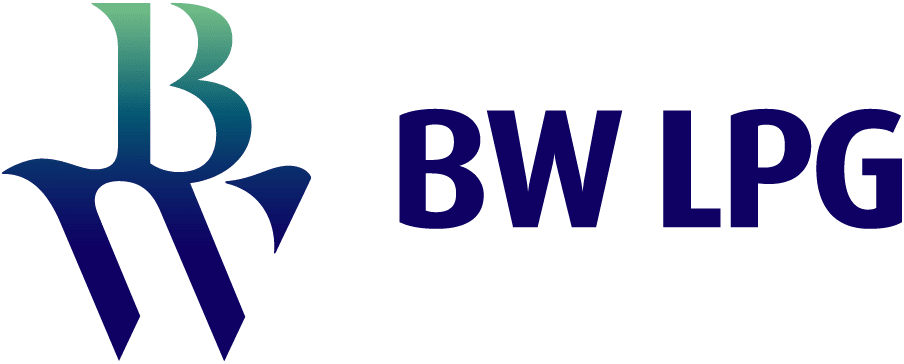From Steel
to Steel
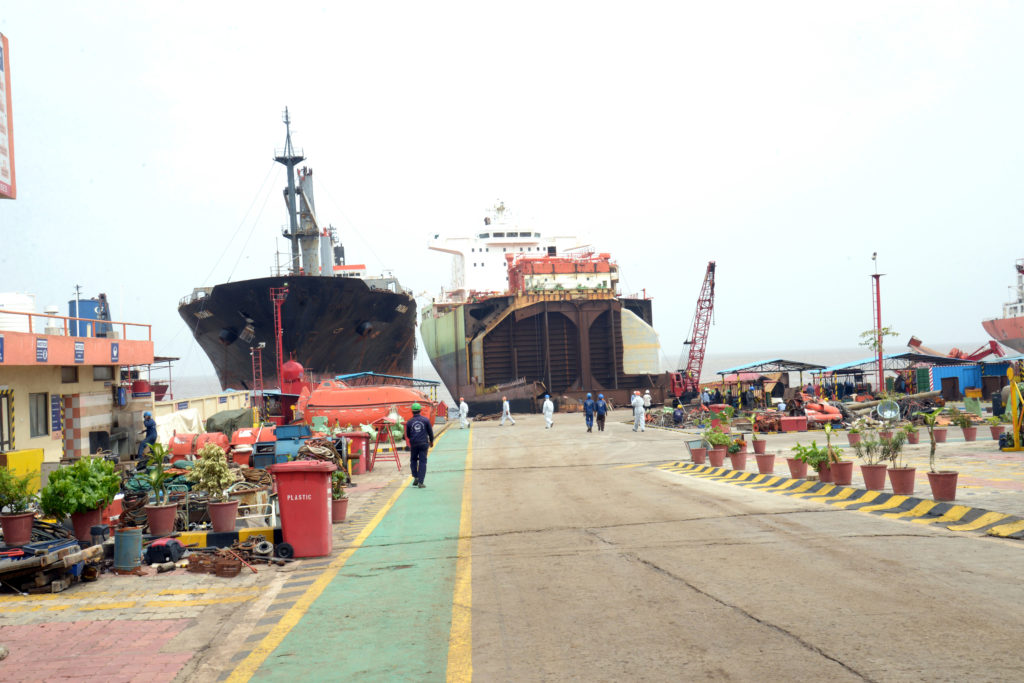
Safe and sustainable ship recycling
Ship recycling is a fundamental part of the shipping value chain. At the end of a vessel’s commercially viable life, shipowners have a responsibility to ensure that it is recycled responsibly and in a manner that minimizes impact to human health and the environment.
ISO 30000 Certified Recycling Facilities
At BW LPG, we have established a safe and sustainable process for ship recycling where we closely manage the entire process to ensure alignment with both internal and external expectations for safe recycling. We limit our selection of a ship recycling facility to those which are ISO 30000 certified and approved by a class society, and operate in full compliance with the Hong Kong Convention. ISO 30000 certification provides a transparent process and allows BW LPG to monitor vital parts of the ship recycling management system.
BW LPG Representation
Where possible, we will pre-inspect the facility and have a BW LPG representative on site with ‘stop-work authority’ throughout the demolition process.
Inventory of Hazardous Materials
Before sailing to the recycling facility, we will prepare an Inventory of Hazardous Materials document (IHM, also called a green passport), and collaborate with the recycling facility to formulate a safer and more environmentally sound plan for decommissioning the vessel.
How Ships Are Recycled Sustainably
Hazardous materials
Provide inventory of Hazardous Materials and Waste Certificate (IHM)
Preparation
Pre-cleaning of ship
Loose items
Remove loose items
Electrical equipment
Disassemble and sort electrical components
Steel
Separate removal of steel for re-use
Regulatory compliance
We recycle our vessels in full compliance with the Hong Kong International Convention for the Safe and Environmentally Sound Recycling of Ships and the Basel Convention on the Control of Transboundary Movements of Hazardous Wastes and their Disposal. There are also undertakings under our various loan facilities to comply with international ship recycling regulations.
We are also governed by an internal Ship Recycling Policy that mandates that all vessels are recycled in a safe and environmentally sound manner. This includes conducting due diligence audits prior to committing to a ship recycling facility and having a BW LPG representative on site to ensure that the facility acts in an ethical, legal and socially responsible manner.
In full compliance
The Hong Kong International Convention for the Safe and Environmentally Sound Recycling of Ships
The Hong Kong International Convention for the Safe and Environmentally Sound Recycling of Ships was adopted at a diplomatic conference in 2009. The Convention requires facilities to recycle vessels in a responsible manner that do not pose unnecessary risks to human health, safety and the environment, by providing guidelines on the safe handling of environmentally hazardous substances, as well as mandating a minimal standard of working and environmental conditions at recycling yards with appropriate enforcement mechanism such as certification and reporting requirements.
Certification Requirements
All vessels owned and operated by us have to attain the following certifications as condition for trading
- International Oil Pollution Prevention Certificate (IOPPC)
- Civil Liability for Bunker Oil Pollution Damage Convention (CLBC) Certificate
- International Sewage Pollution Prevention Certificate (ISPPC)
- International Pollution Prevention Certificate for the Carriage of Noxious Liquid Substances in Bulk
- International Energy Efficiency Certificate (IEEC)
- International Air Pollution Prevention Certificate
Targets and metrics
Targets
Our ambition is to improve operational efficiency and reduce our environmental footprint. Our strategy is to limit our harmful gas and water emissions, and reduce waste generated from our operations and activities.
Metrics
To assess and manage climate-related risks and opportunities, we identify and track Key Performance Indicators (KPIs).
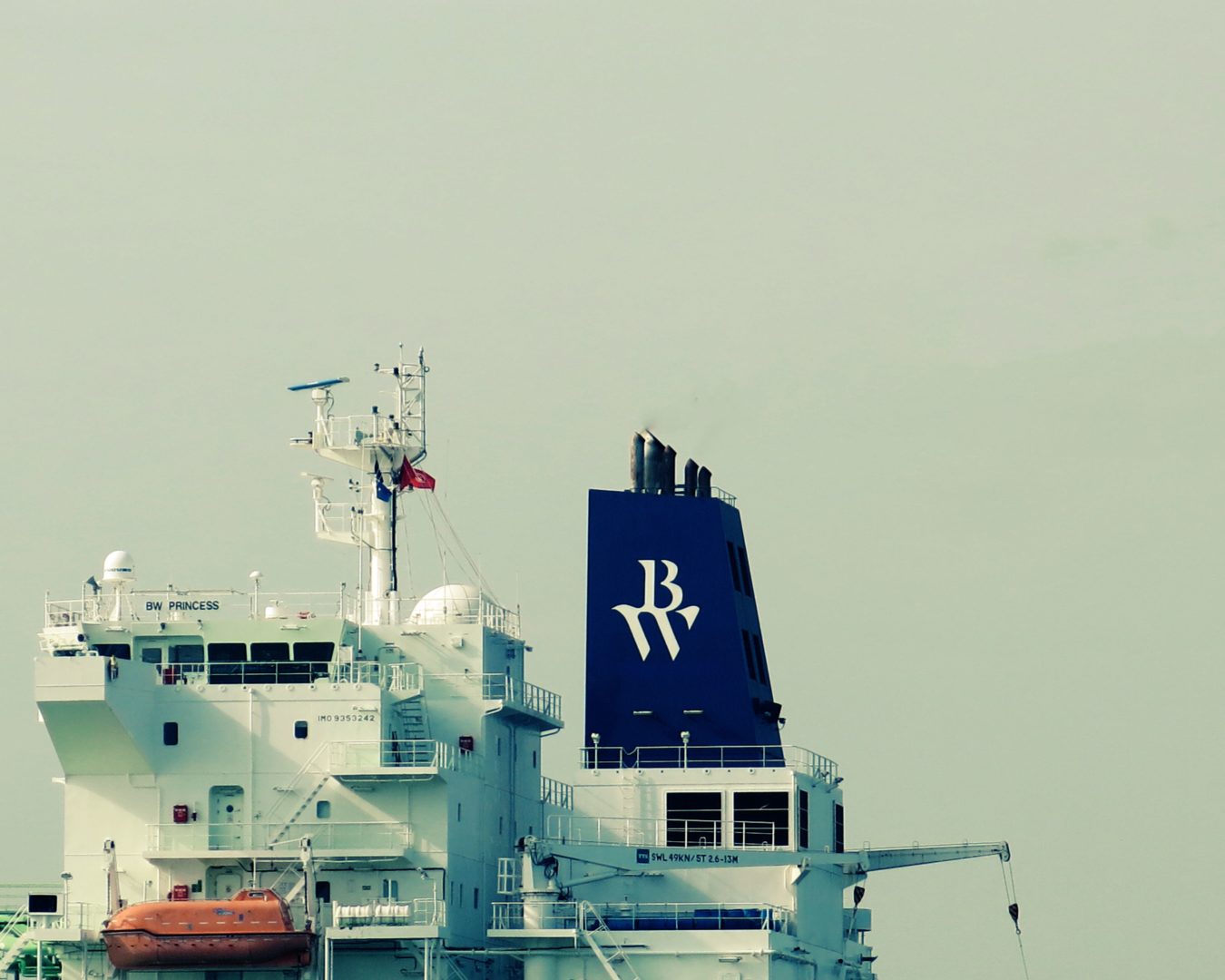
Emissions and Energy
We are on a journey towards net zero carbon emissions from our vessels, and work in line with the IMO’s targets of 70% reduction in carbon intensity by 2050.
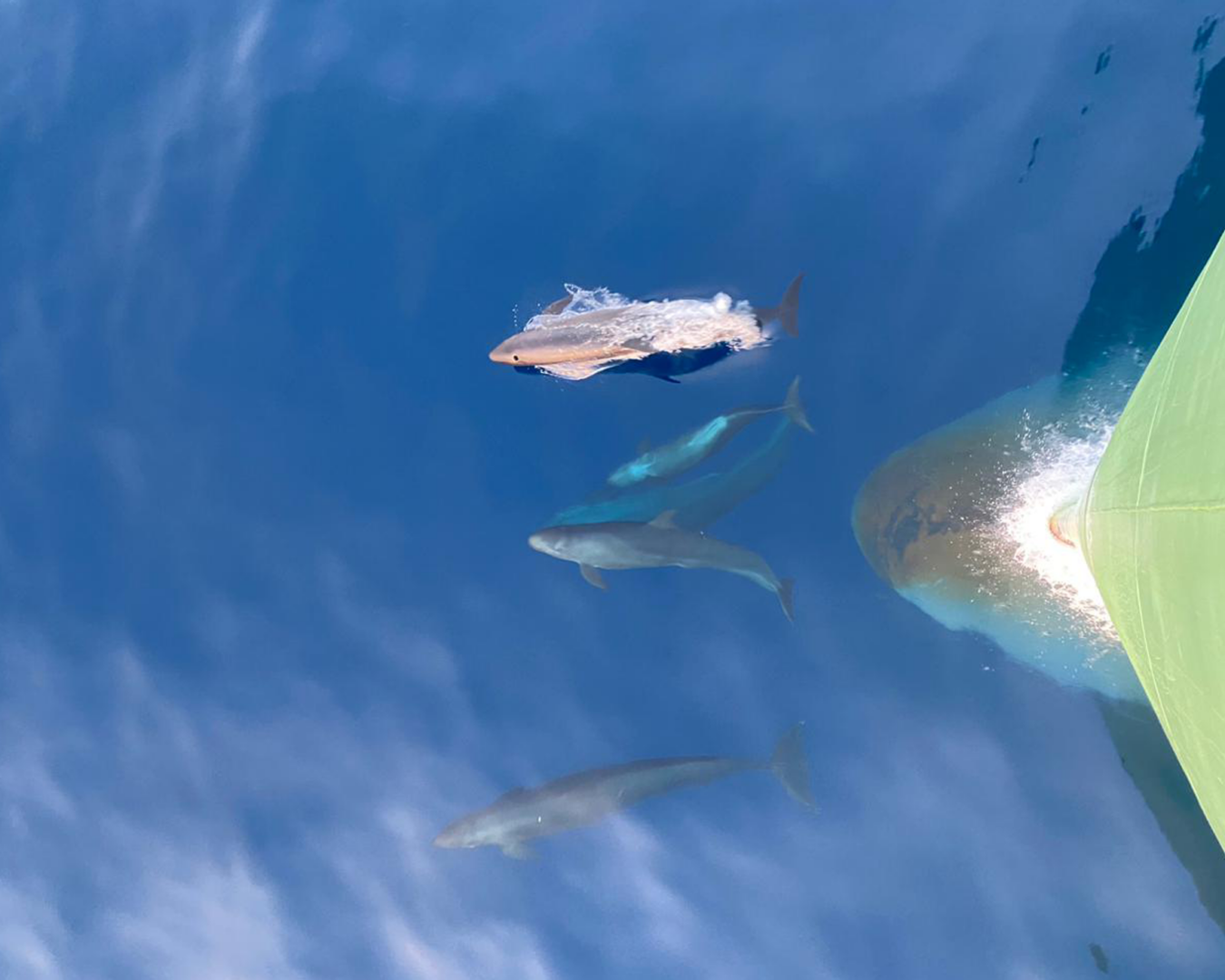
Waste and Water Management
Marine pollution from oil spills and accidental releases can damage Life Below Water. We reduce waste from operations, and practice early detection careful disposal.
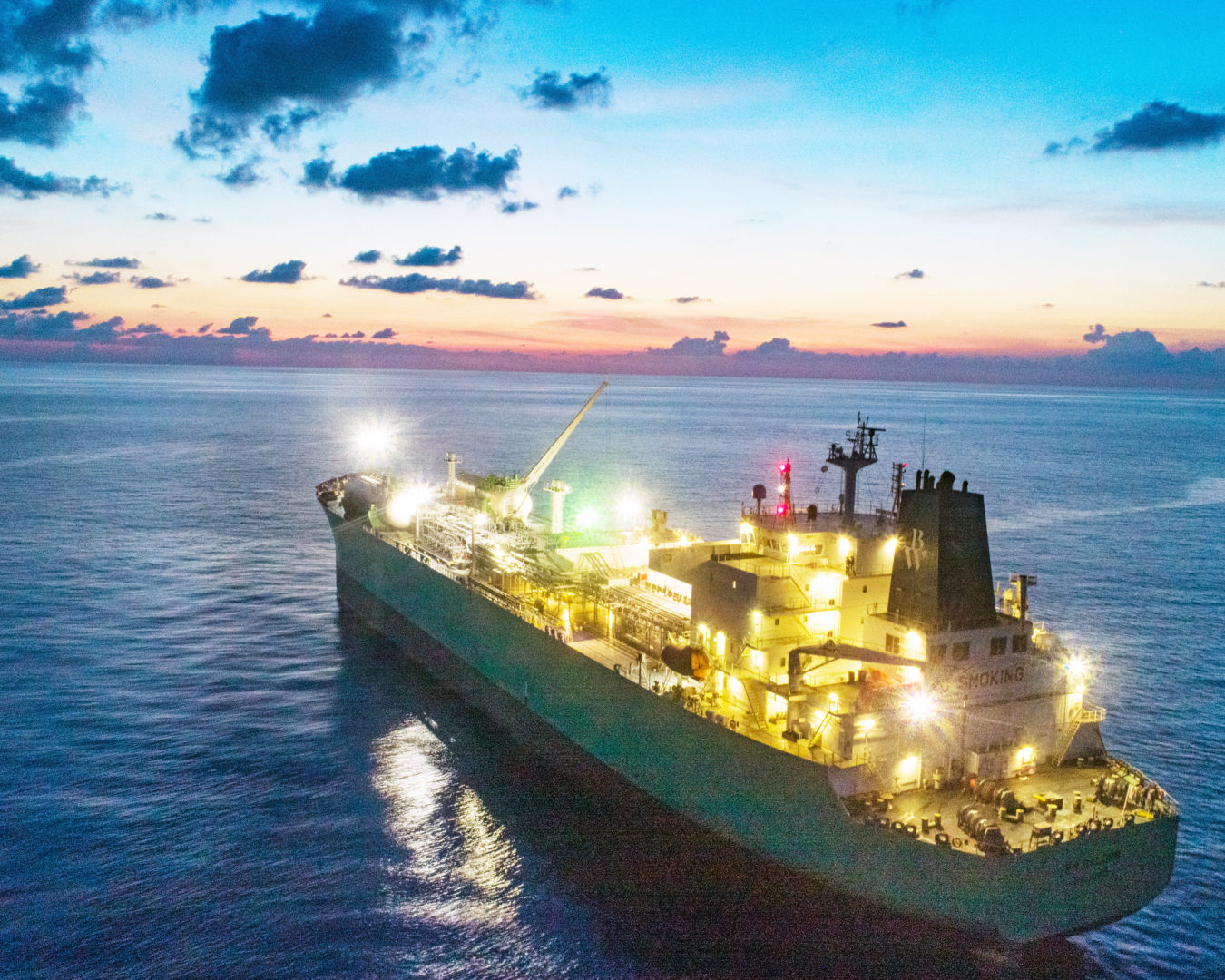
Policies and Guidelines
Communicating our standards for business conduct clearly and transparently through policies and guidelines.
